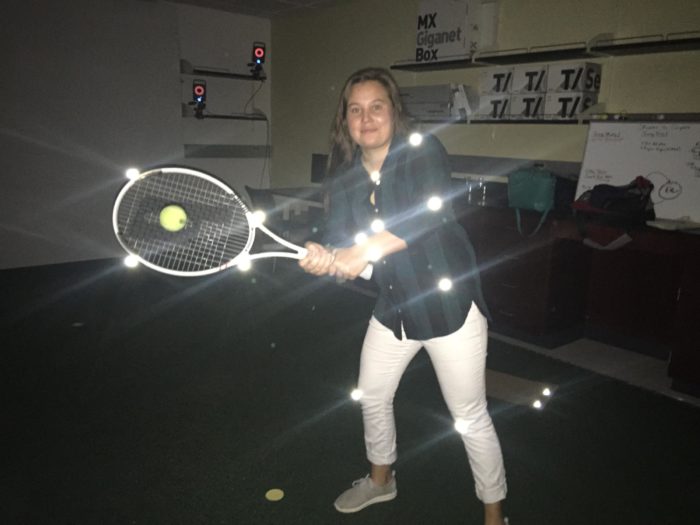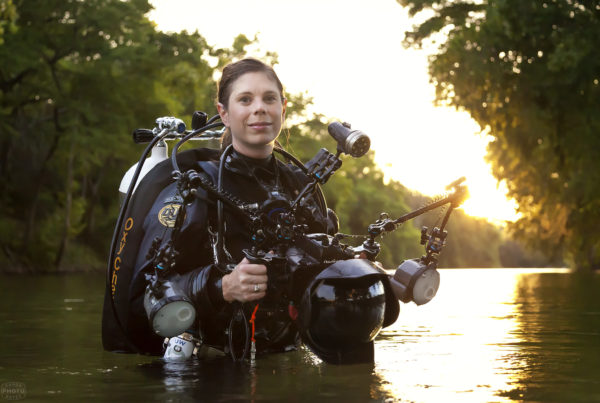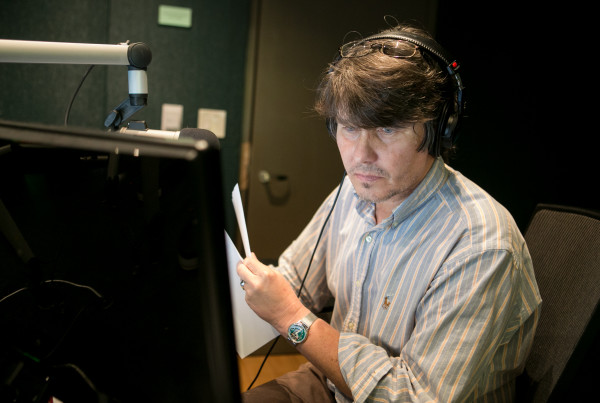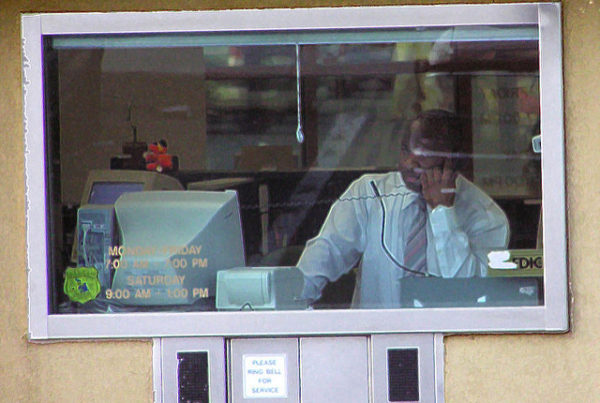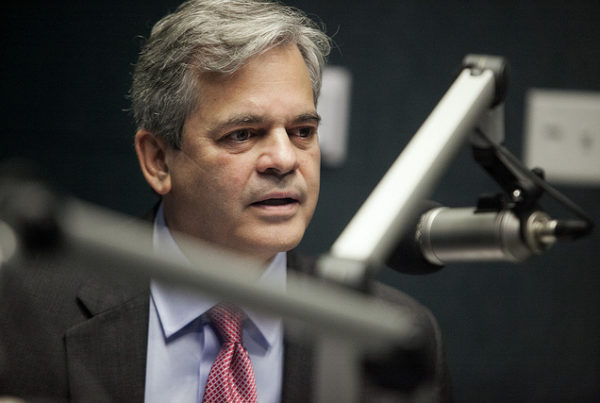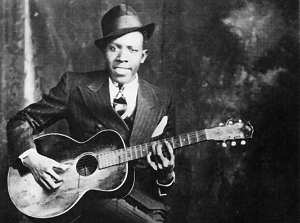From Texas Public Radio:
For elite athletes, the difference between good and great, failure or success, can be measured in millimeters or milliseconds.
That’s why practice is crucial to enhanced performance.
William Land, Ph.D., a sports psychologist in the Kinesiology Department at UTSA heads up the Human Performance Lab. He helps athletes identify and correct weaknesses in their performances by using auditory and visual feedback.
“We’re able to track movements. We’re able to track objects,” Land explains. “And from that we’re able to provide feedback to the learner and we’re able to manipulate and control how he learns. We’re trying to look at the cognitive and psychological factors that affect human performance.”
In the lab, six infrared cameras ring the room recording images that are sent to a computerized motion-sensing system that creates a three-dimensional image. The camera tracks reflective dots stuck to athletes’ clothing.
In one experiment, the athlete grabs a golf ball covered in a reflective silver coating. He throws it at a tiny target on the floor. When he hits the target, a beeping sound goes off signaling success.
What scientists are finding is the positive auditory feedback can condition athletes for peak performance. And surprisingly, that sound may even help right-handers perform better with their left hands, according to Dr. Land, who is a former collegiate golfer.


